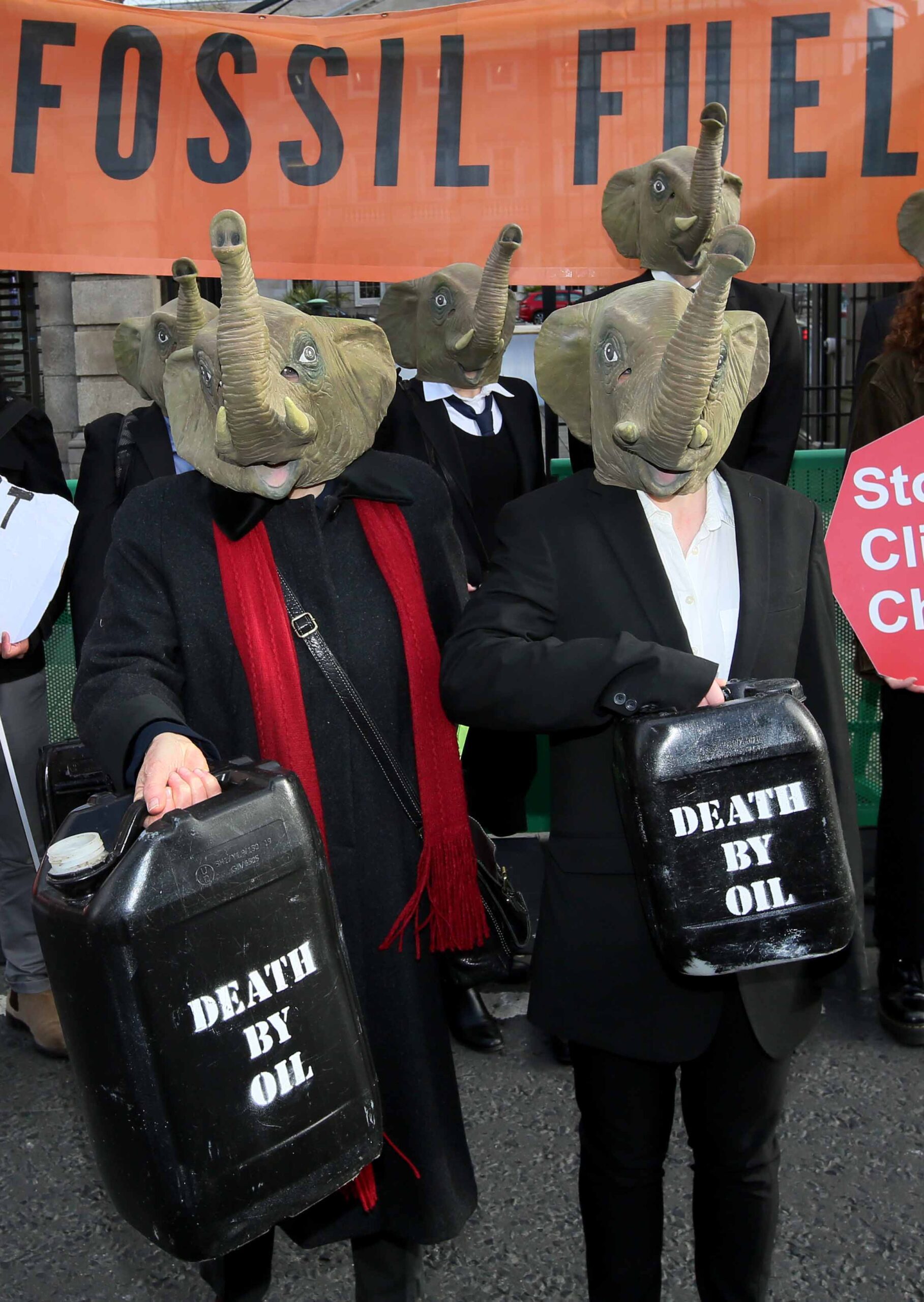
At COP28 they rested on the 7th day and today restarts with a focus on ‘Youth, Children, Education and Skills’ alongside the continuous negotiations on the final text.
COP28 has, so far, been a mixed bag with some incredibly promising agreements tempered by compromises and mixed messages. The Loss and Damage Agreement, which was rubberstamped on the first day of the COP proceedings, remains a high priority. This historic agreement, years in the making, is an incredibly important move towards climate justice, but it is in no way perfect.
While more than US$700 million is promised, it is a drop in the ocean for what will be needed down the line. While money in the loss and damage pot is the goal, the source of the money is also important. Funding needs to be new and additional to ensure governments are not simply robbing Peter to pay Paul. There are concerns that some of the US$700 million promised has simply been reallocated from the climate finance fund which is used for mitigation and adaption. Not so much a case of robbing Peter to pay Paul but robbing Peter to pay Peter and expecting a pat on the back for the effort.
The Declaration of Climate and Health was a very welcome achievement on day three of COP. Like the Loss and Damage Agreement – this declaration is a step in the right direction but does not go far enough. Climate change is intrinsically linked with health. Injury, death and public health risks are a consequence of changing weather patterns. Impacted agricultural production leads to malnutrition and famine and the mental health toll of forced migration and loss of family and culture in the most impacted regions needs to part of the conversation.
The Elephant in the Room
Fossil fuels have long been the elephant in the COP room. We know that combustion of fossil fuels, leading to the release of carbon dioxide, is the primary cause of climate change. However, the final text of all the previous COP meetings have never reflected this. COP26 in Glasgow and COP27 in Sharm el‑Sheikh were roundly criticised for failing to incorporate wording around the phasing out of fossil fuels with texts being altered late in the day to weaken the agreement.
There are hopes that this can be remedied in this year’s COP despite the fact that the COP28 president, Sultan Al Jaber, is also head of the Abu Dhabi National Oil Company. On top of that there are 2456 fossil fuel lobbyists present at COP 28, making the interests of fossil fuel corporations more represented than the most vulnerable countries and indigenous communities.
Mixed messages and misunderstandings have, unfortunately, been a common feature in these COP proceedings. Comments made at an online event featuring both Mary Robinson and Sultan Al Jaber has sewed confusion and sparked backlash over where the President of the COP stands in relation to phasing out of fossil fuels. Small changes in language such as ‘phase down’ rather than ‘phase out’ and inclusion of the term unabated in the final text is what much of the negotiations will concentrate on. These small changes in words have massive impacts on the strength of the final text. Including ‘unabated’ would leave the door open further to fossil fuel use with a reliance on unproven carbon capture. ‘Phase down’ rather than ‘phase out’ reduces the ambition of our emission reduction and again leaves room for further fossil fuel use.
Fossil Fuel Non-Proliferation Treaty
Countering this narrative are increased calls, including by JCFJ, for governments to sign onto the Fossil Fuel Non-Proliferation Treaty. This treaty represents a crucial instrument in tackling the climate crisis. It is intended to complement the Paris Agreement. It aims to foster international cooperation to accelerate a transition to clean energy for everyone by ending the expansion of gas, oil and coal. The Treaty outlines a framework for cooperation, encouraging signatory nations to collectively reduce fossil fuel production, limit exploration, and invest in zero-carbon solutions. It would signal a real commitment to fast and fair climate action.
Bringing it home
What happens at COP does not stay at COP. While certain aspects can seem removed, what is decided at an international level must trickle down to be implemented at the finest of scales – within our homes and communities. Transport, discussed extensively on day six, offered up solutions we know work but has yet to be fully embraced. These discussions stated that public transport will be the future of urban centres. For this to be the case every town and city in Ireland needs to embrace this concept and work to roll out ambitious plans for reducing car use and making more space for public transport for the global common good. We know it can be done however we also know that it is not always popular. Embracing opportunities – which might at first seem uncomfortable – to rearrange how we live our lives are every bit as important as the work being done at the highest levels of international politics.

